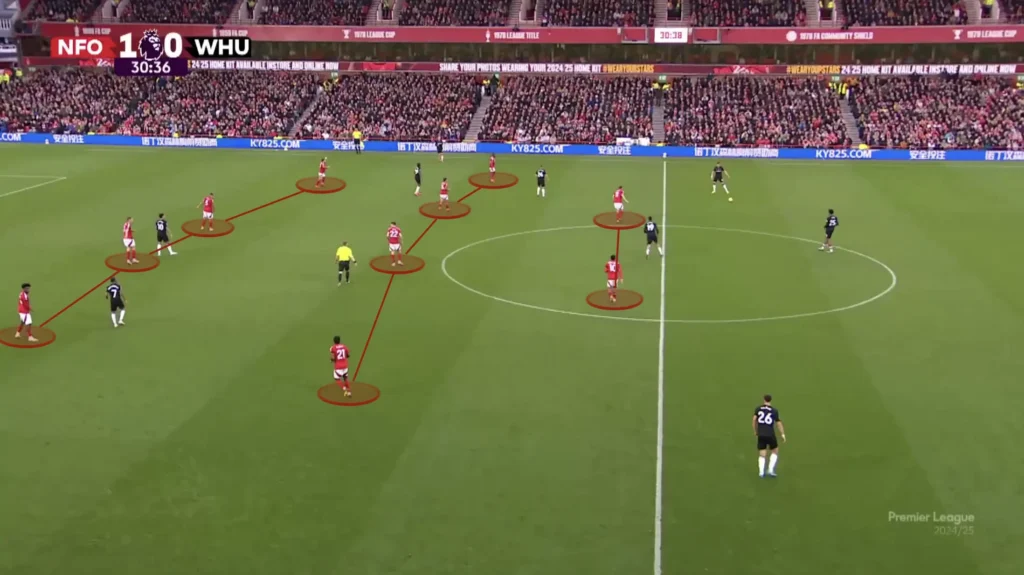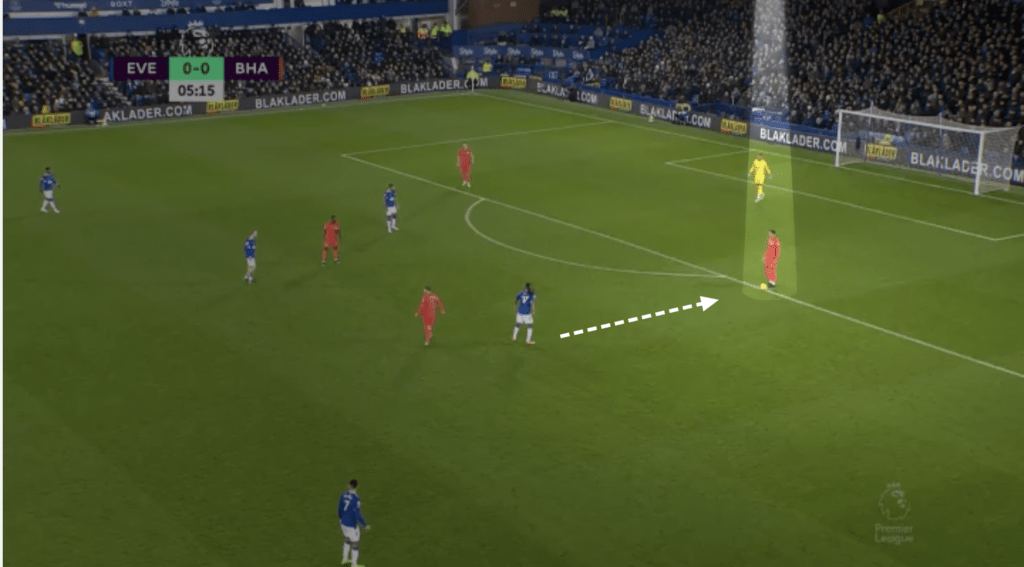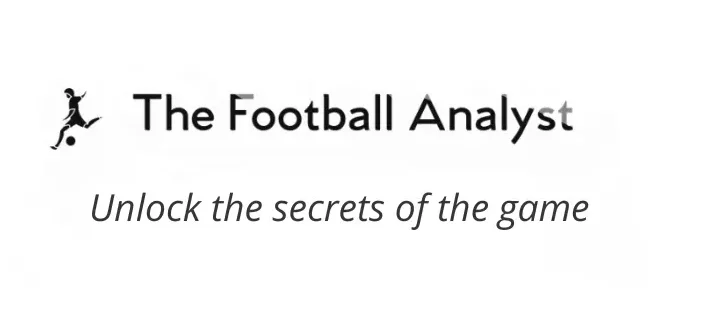At the grassroots, semi-professional, and even academy levels of football, coaches often don’t have access to the same wealth of resources available at the professional level. This makes adaptability and resourcefulness just as important as tactical knowledge. In these settings, success isn’t always about having the most sophisticated game model — it’s about finding smart, practical solutions that suit your environment.
Football today exists somewhere between science and art. Many traditionalists look back fondly at the game’s past — when it felt more intuitive, expressive, and pure, often referred to as joga bonito. Meanwhile, the modern game increasingly leans toward the scientific: data, systems, and structured methodologies now shape much of how the game is taught and understood.
As football evolves, data and objectivity play a bigger role in what has long been called “the game of opinions.” While this shift has brought clear benefits, it also presents risks. Rigid thinking and over-reliance on trends can limit coaches, especially those working with limited time, tools, or personnel.
This is why I’ve titled this article “Breaking Coaching Moulds.” It reflects the need to challenge fixations and question the growing number of non-negotiables in football discourse. Many of these dogmas come from older generations, passed down over decades. Others are recent products of modern football culture. Either way, they deserve closer examination — and sometimes, to be broken.
The New Age “Tacticos”
Many use the term tacticos to describe coaches who focus heavily on tactics. Sometimes it even comes with a sneer, aimed at younger coaches who grew up with tools like YouTube, online databases, or Football Manager. These resources make the tactical side of the game more accessible than ever.
But tactical obsession can overshadow the human side of coaching. Germany’s Julian Nagelsmann said, “30% of coaching is tactics and 70% is social competence.” His message is clear: leaders need to read body language, build relationships, and understand how players think — not just instruct them on where to pass.
Liverpool’s Arne Slot takes a similar view. He spends most of his time thinking about motivation — how to inspire players every day — rather than moving magnets on a whiteboard. Coaching at any level requires emotional intelligence, not just tactical knowledge.
Principles Over Tactics
Pep Guardiola’s dominance in the Premier League has sparked widespread imitation. That’s natural — people copy success. But Guardiola has access to elite players and resources, which allow his methods to work at the highest level. Coaches lower down the pyramid don’t have that luxury.
Still, many try to replicate complex tactical systems that don’t suit their environment. Instead of mimicking top-level blueprints, coaches should focus on principles of play. These are consistent behaviours — not formations— that define how a team plays, no matter the situation.
Jose Mourinho explained this well. He pointed to Rafa Benitez’s Liverpool as a team that always stayed compact defensively, no matter the score or formation. That’s a principle, not a tactic. Today’s UEFA and AFC coaching courses now encourage coaches to define their principles across all four phases of the game: in-possession, out-of-possession, and both transitions.
No single approach guarantees success. Teams have thrived with direct football, positional play, low-blocks, and high pressing. Nuno Espírito Santo’s Nottingham Forest proves that. They rank low in pressing intensity and possession but continue to overachieve. His team doesn’t follow tactical trends — they follow what works.

Bravery to Innovate
Football carries long-standing beliefs about what’s “right” or “wrong.” But many of those beliefs don’t hold up anymore. Coaches need to feel empowered to question norms and try new approaches.
Look at PSG. Before a recent Champions League clash with Arsenal, they skipped opposed possession drills during their warm-up. They came out 30 minutes before kick-off, ran dynamic stretches, played unopposed passing patterns, and did some finishing. It wasn’t flashy — but it worked. PSG won, and under Luis Enrique, they’ve had a fantastic season.
Take another example: using the sole of the foot. Many coaches discourage this, especially with young players, saying it causes instability. But Roberto De Zerbi sees it differently. He encourages his centre-backs to trap the ball with their studs, provoking pressure and keeping their body shape open to both sides.

His Brighton team looked mechanical and rehearsed — and that’s by design.
If elite coaches have the courage to challenge convention, why shouldn’t others? Coaches at grassroots and academy levels can also experiment — as long as they stay realistic and clear in their purpose.
Final Thoughts
Football coaching is evolving, but coaches shouldn’t just follow trends blindly. Whether it’s avoiding tactical overkill, improving man-management, or trying unconventional methods, great coaching depends on critical thinking.
There’s no universal “correct” way to play. Success takes many forms. Coaches who adapt ideas to their context and think independently will always stand out.To move the game forward, we need more coaches who aren’t afraid to break the moulds — and create something new in the process.
